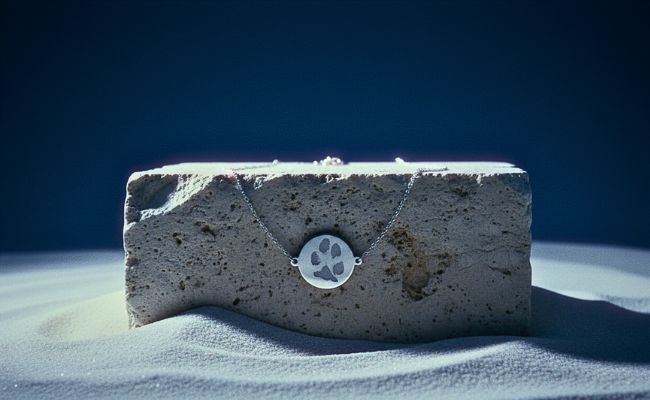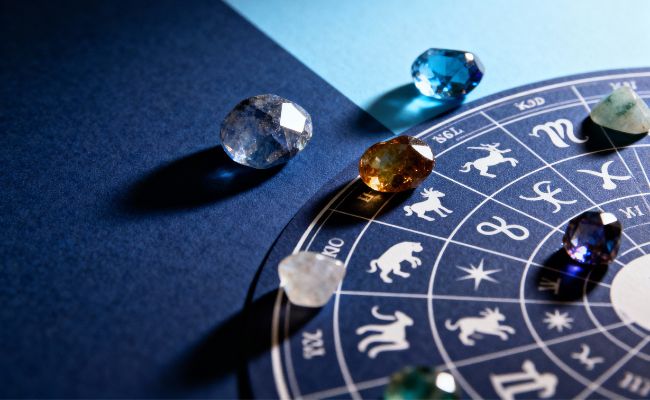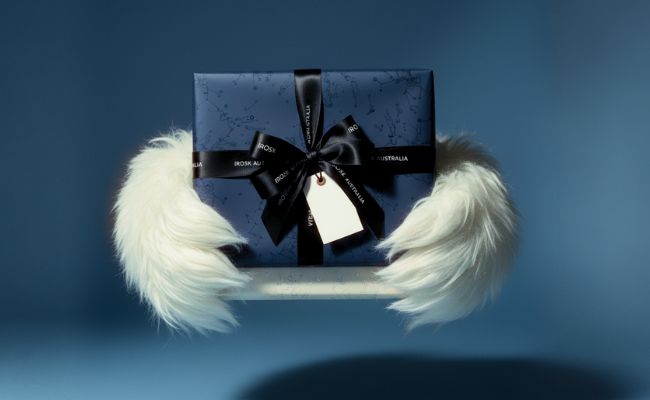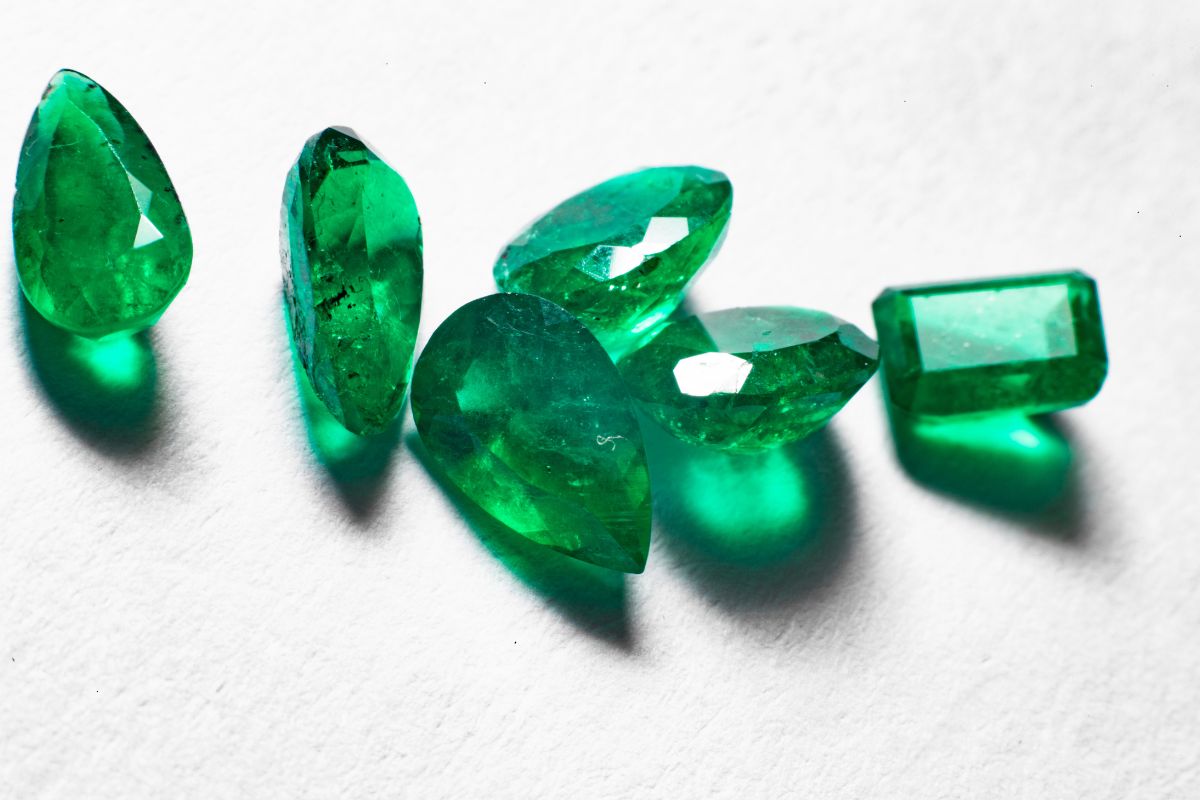Article: How to Care for Your Emerald Jewelry: Essential Tips for Long-Lasting Brilliance

How to Care for Your Emerald Jewelry: Essential Tips for Long-Lasting Brilliance
Emeralds, whether natural or lab-created, are treasured for their lush green color and timeless beauty. However, these gems do require special care to maintain their brilliance. In this guide, we’ll explore practical tips for cleaning, storing, and protecting your emerald jewelry so you can enjoy it for years to come.
Why Proper Emerald Care Matters
Emeralds rank between 7.5 and 8 on the Mohs hardness scale, making them relatively durable. Yet they can still chip or fracture if not handled correctly. Additionally, many emeralds (both natural and lab-created) undergo minor treatments, such as oiling, to enhance clarity. Taking the right precautions will help preserve these enhancements and the gem’s overall beauty.
Cleaning Your Emerald Jewelry
When it comes to cleaning emeralds, gentle methods are best:
- Warm, Soapy Water: Fill a bowl with lukewarm water and add a few drops of mild dish soap. Use a soft cloth or a soft-bristled toothbrush to remove dirt and oils from the stone and setting.
- Rinse Thoroughly: After cleaning, rinse your jewelry under lukewarm water to remove any soapy residue.
- Pat Dry: Use a lint-free cloth to gently pat the emerald dry. Avoid rubbing too hard, as this could cause scratches.
Avoid: Harsh chemicals, steam cleaners, and ultrasonic cleaners. These methods can damage the stone or strip away treatments like oiling.
Storage and Handling
Proper storage is crucial to prevent scratches and other damage:
- Separate Compartments: Store emerald pieces in a soft-lined box or pouch, separate from harder gems like diamonds or sapphires.
- Away from Extreme Temperatures: Sudden temperature changes can cause fractures in emeralds. Keep them away from direct sunlight, radiators, or air vents.
- Be Mindful of Daily Wear: Remove emerald jewelry before doing any heavy lifting, sports, or household chores that could result in knocks or exposure to chemicals.
Lab-Created vs. Natural Emeralds: Care Differences
Both lab-created and natural emeralds share the same chemical composition and physical properties, meaning their care is largely the same. Here are a few considerations:
- Durability: Lab-created emeralds can have fewer inclusions, potentially making them slightly less prone to fractures. Still, treat them with the same level of care.
- Treatments: Some natural emeralds are more heavily oiled or treated to enhance clarity. Be extra gentle with cleaning to avoid stripping these treatments.
- Affordability: Lab-created stones are often more budget-friendly, but that doesn’t mean you should skimp on proper cleaning and storage.
Common Mistakes to Avoid
Even with the best intentions, it’s easy to slip up. Here are pitfalls to steer clear of:
- Using Abrasive Cleaners: Toothpaste, baking soda, or household cleaners can scratch the stone or damage metal settings.
- Soaking Too Long: Prolonged soaking in soapy water isn’t advisable for heavily treated emeralds—it may reduce the effectiveness of the oil treatment.
- Ignoring Loose Settings: If prongs or bezels are loose, the emerald can wiggle free. Regularly check or have a jeweler inspect the setting.
Where to Learn More About Emerald Care
For additional information on emeralds—such as symbolism, buying guides, and styling tips—explore our resources:
- Emerald Guide: Dive deeper into the history, meaning, and grading of both natural and lab-created emeralds.
- Emerald Jewelry Collection: Browse rings, necklaces, and earrings that showcase the beauty of this vibrant green gemstone.
Conclusion
By following these care tips—from gentle cleaning techniques to mindful storage—you’ll keep your emerald jewelry looking radiant for years. Whether you own a lab-created or natural emerald, proper maintenance ensures that its color, clarity, and brilliance remain as captivating as the day you first wore it. Ready to explore more about emeralds? Check out our Emerald Guide or browse our Emerald Jewelry Collection to discover the perfect piece to treasure.






